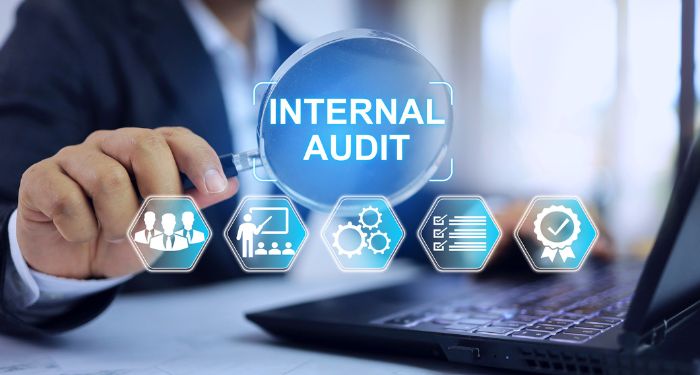5 Exciting Tax Law Changes for Construction Contractors
It’s that time of year again; tax season will be upon us before we know it – whether we like it or not! The last couple of years have been quiet in regard to tax law changes but 2025 is not. In case anyone missed the big news, the One Big Beautiful Bill Act (OBBBA) was passed this past summer and includes some exciting changes for construction contractors.
Bonus Depreciation
100% bonus depreciation is back! This is HUGE for many construction contractors that rely heavily on this and place in service hundreds, thousands, and often millions of dollars of equipment each year. There’s one catch – 100% bonus is only for property placed in service after January 19, 2025. Any property placed in service before that date will only be eligible for 40% bonus.
Section 179 Depreciation
Section 179 depreciation also got a facelift with the OBBBA. The maximum deduction increased to $2.5 million, up from $1.16 million, and the phaseout increased to $4 million, up from $2.8 million of assets placed in service. This means Section 179 depreciation won’t be reduced dollar-for-dollar until more than $4 million of assets are placed in service. There are more restrictions surrounding Section 179 depreciation, i.e., it can’t be used to create a taxable loss, and it must be active business income. If a business primarily operates in the state of Pennsylvania, however, it can be a huge advantage over bonus depreciation, as PA follows the Section 179 rules, but not bonus depreciation.
IRC Section 174
Ah, good old Section 174. If someone has no idea what that is, they can count themself lucky. If someone’s “lucky” enough to be well versed in IRC Section 174, they can breathe a sigh of relief; it’s finally been repealed for domestic R&D expenditures. A quick recap: prior to 2022, all R&D expenditures could be expensed in the current year. Starting in 2022, they had to be capitalized and amortized over 5 years. This created large tax liabilities for many taxpayers, often far outpacing the benefit they received from the credit. There has been bipartisan support to repeal it, but it just couldn’t get across the finish line until now. For the 2025 tax year, those costs are now fully deductible. Taxpayers have the option to either 1) take the balance of the entire unamortized balance as a deduction in the current year, 2) split the deduction of the remaining balance over 2 years, or 3) continue to amortize the costs over 5 years.
Residential Contractor Relief
For contracts entered into after July 4, 2025, certain residential contractors exceeding the gross receipts threshold may now opt out of percentage-of-completion (POC) accounting and use completed contract or other simplified methods. Some examples of construction projects that could be exempt from POC that previously were not include senior living facilities, student housing, mixed-use buildings (if most of the cost is allocated towards residential construction), and high-rise apartments. Previously, unless the company fell under the “small contractor exemption,” an alternate method was only allowed for construction projects where 80% or more of the estimated total contract costs were allocated to a home construction contact.
IRC Section 163(j)
This change permanently includes the addback of depreciation and amortization to the calculation of adjusted taxable income in regard to business interest expense. This was previously allowed under the TCJA, but starting in 2022, depreciation and amortization were no longer allowed to be added back into the calculation. With depreciation being such a large expense for many taxpayers, this caused business interest expense to often be limited.
Make sure to take some time this fall to understand the impacts of the OBBBA on your business and be prepared for tax season!
For more information about McKonly & Asbury’s Architecture, Engineering, and Construction (AEC) experience, visit the AEC Industry Page and don’t hesitate to contact a member of the AEC team.
About the Author

Kelly joined McKonly & Asbury in 2013 and is currently a Director with the firm. She is a member of the firm’s Tax Segment, and services clients in a variety of industries, specifically construction and manufacturing. She works closel… Read more



